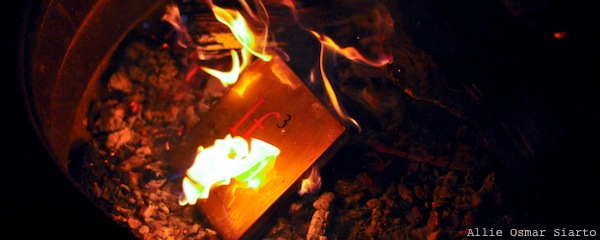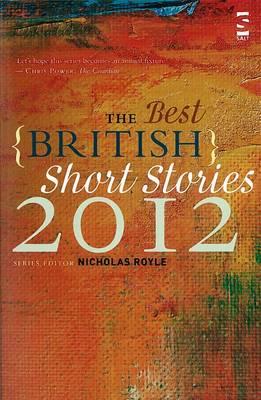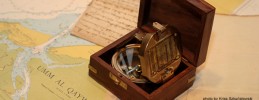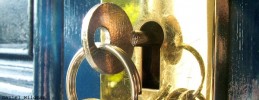
photo by Allie Osmar Siarto
by Lela Tredwell
A few weeks ago I was witness to a book burning. The deed was done in an otherwise dark space, on an immaculately cut piece of lawn, outside an historic building. The book was one of the arsonist’s own; he’d felt bad about burning somebody else’s. The pages didn’t really get a good blaze going, but the modest flames did cause some hysteria. People got upset.
Historically, obliterating books has always been a difficult business. One The Best British Short Stories 2012 knows a thing or two about. In the first story, Emma Jane Unsworth’s ‘I Arrive First’, a library is closed and its books are ‘sent down the mines’, buried, usurped of all their powers. In the last story, ‘The Last Library’ by A.K. Benedict, a page gets buried too – but only after the last library’s books are cremated:
“We’re in luck,” she says. “You are about to see the last library
being destroyed. Every last book will be incinerated. It’s a rare
event for the museum but they have to make way for other last
things. That’s progress.”
Torturous as it is, it’s well worth holding on through the last librarian’s anguish, as she tries to save her brood, for the books’ prevailing power will soon be realised, rest assured.
“Take these,” she says. Her voice squeaks like an opening door.
“You’re the librarian now. Remember: magic. And that there are
no such thing as last words.”
The short stories in this collection are full of such magic, of mystery and of mares: moments when that little Norse goblin jumps up and stamps on your chest, inviting the worms to come up. Stamp stamp stamp, he goes, stamp stamp stamp. The stories dare and delight to go there, to embrace the small dark thing. In ‘The Dark Space in the House’ and ‘Those Who Remember’, we find phantoms making casseroles and offering drugs rehabilitation. While in ‘Aperitifs with Mr Hemmingway’ and ‘The Half Mown Lawn’ we are the ones who are haunted, as the stories’ voices linger long after their last words have been read.
“But,” God said, “this world isn’t all there is. It can’t be. There
must be a way out. At the very centre of the world, there’s a dark
space. Don’t go to it. Don’t go. It isn’t law. I’m not, ha, forbidding
you. But I think,” God said, and his voice dropped to a whisper,
and he looked so scared, “I think there are ghosts there. I think
the dark space is haunted.”
(Robert Shearman’s ‘The Dark Space in the House’)
Despite The Best British Short Stories 2012 often dark subject matter, there is still great fun to be had. In Will Self’s ‘iAnna’, Anna Richard’s thinks the whole world’s her iPad, and in H.P. Tinker’s ‘Alice in Time and Space and Various Major Cities’ alliteration is taken to extremes:
Alice was a paradoxical apparition, an appendix, a secondhand
bible, a bowdlerised bibliography, a quixotic creation, a creature
of the early hours, a shimmering chimera, a criminal compendium
of bad intentions and completely random lifestyle decisions:
sweeping across the surface of the globe.
 The collection sparkles with spirits, marvels in mortality and mystifies with the magnificent majesty of mnemonic memories.
The collection sparkles with spirits, marvels in mortality and mystifies with the magnificent majesty of mnemonic memories.
Inspired by some of the most haunting stories in the collection I attempted a little ‘revisiting’ story of my own. Being a person who envisages afterlife more black and nothingness-ee than translucent and woooo-ee, I’d not before tried to write ghosts. But nonetheless, I like to be brave and The Best British Short Stories 2012 spirited me into seeing the possibilities for hauntings more of this world than the next. So I created a couple of lingerers to habitually frequent, in the hope they’d live on, revisiting and revisited forevermore. Because isn’t that what we’re all after? No such thing as last words.
If we were immortal, would we still write? The answer is probably no. It is because we are mortal that we must write. For the stories to live on. So as long as this book escapes the burnings and the burials, I’d recommend The Best British Short Stories 2012 to all existers, for those who recognise the dark – the darkness at the centre of the world, the small, dark thing.
I’d recommend it because regardless of temporary technologies, books matter. They give us our moments-of-mare and those of magic; this one surely does. It shows us that the impermanent but prevailing being, the book, lives on.


One thought on “The Best British Short Stories 2012”
Comments are closed.